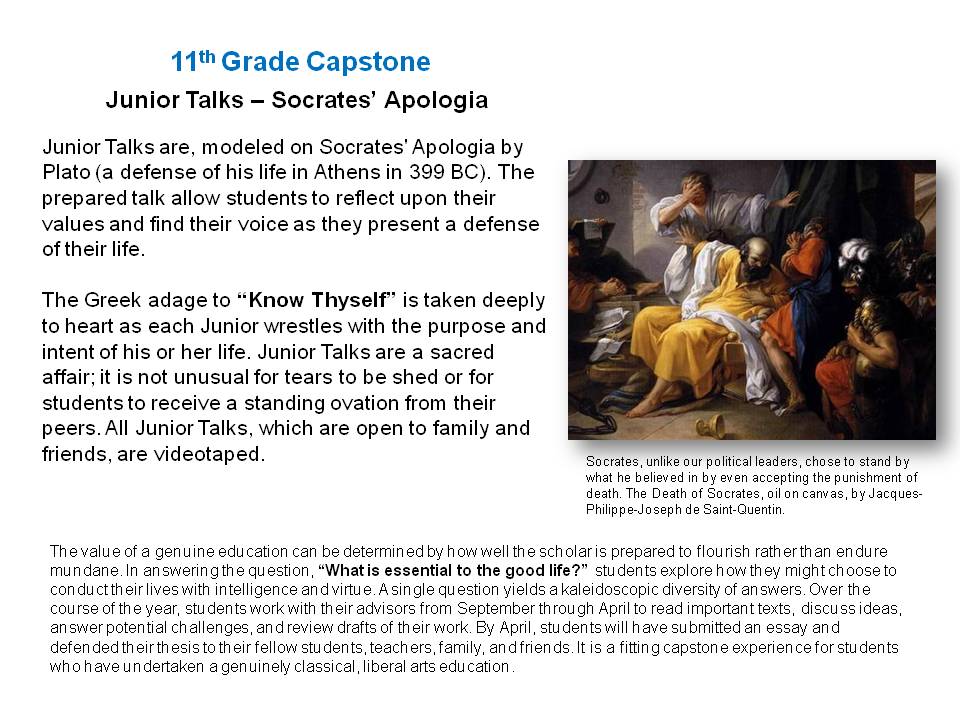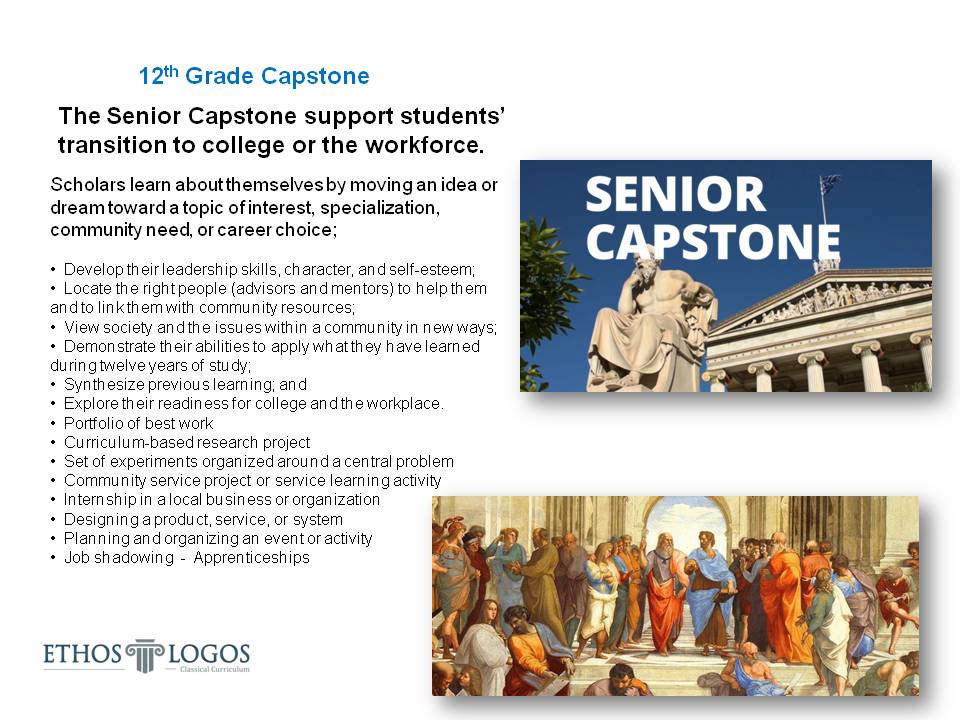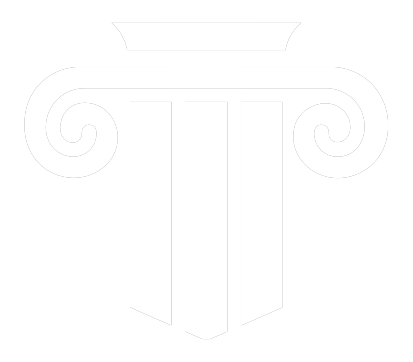After having studied and mastered the disciplines of Grammar and Logic, High School scholars spend the last four years studying Rhetoric. Rhetoric is the overarching way of learning in the High School years. All the typical subjects, from history to science, mathematics, literature and the arts, are studied but through the lens of inquiry, deeper thinking and synthesizing the scholar's ideas using the prior knowledge gained in the Grammar and Logic stages. The goal during High School is to apply the skills and insights of Rhetoric in each subject.

The aim of the Rhetoric stage is for scholars to gain a nuanced and complicated understanding of the material that they are studying. High School is a time to cultivate multiple literacies, not merely limited to the spoken and written word, and allows our scholars to engage meaningfully with our ever-complicating world.
Through the study of Rhetoric, scholars learn how to speak and write with eloquence, beauty, persuasion, and imagination. Writing takes place in science (lab reports), literature, history, and essays using Rhetorical skills. The study of great thinkers from Aristotle to Augustine to Martin Luther King allows scholars to learn from the masters of oratory and writing. Scholars learn to imitate and dissect these masters and synthesize their works into the student's own use. Students then spend a good part of their High School practicing and delivering their own speeches and presentations which culminate into Junior and Senior Capstone courses.
ELA In a Classical High School
High School English literature classes at an Ethos Logos supported school, focus on studying classic novels; a mastery of major literature concepts; understanding and learning authors’ methods; expanding the scholar's vocabulary; and writing essays, critiques, opinions, and comparisons between various works, styles and historical connections. A Classically educated High School scholar will have advanced skills in interpreting, discussing, presenting and sharing of their ideas. By the Rhetoric stage of the Trivium, students will have a deep understanding of historical context and be able to form their own opinions about the classic works of literature.
Junior English students write many projects to prepare them for their senior year and the SAT essay. Senior English students prepare for college through literature and vocabulary studies and write a Capstone thesis to culminate their year.
Novel studies include reading and discussing classic and contemporary novels. AP English prepares students to take the AP English Exam by studying the figurative language through poetry and prose, writing essays from classical and contemporary literature, and applying literary vocabulary to test-taking.
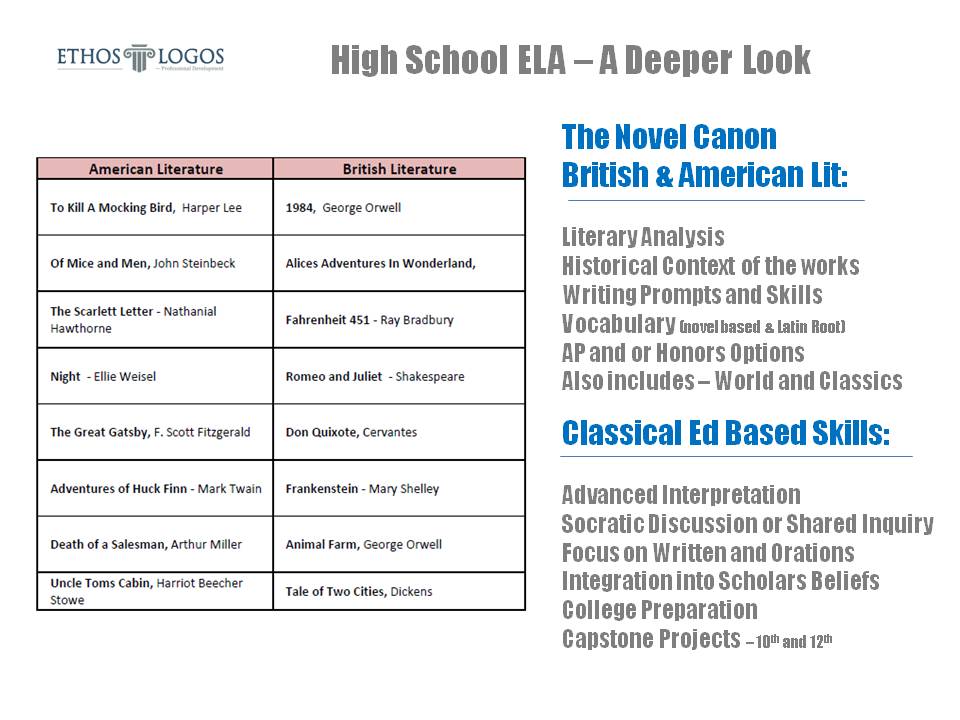
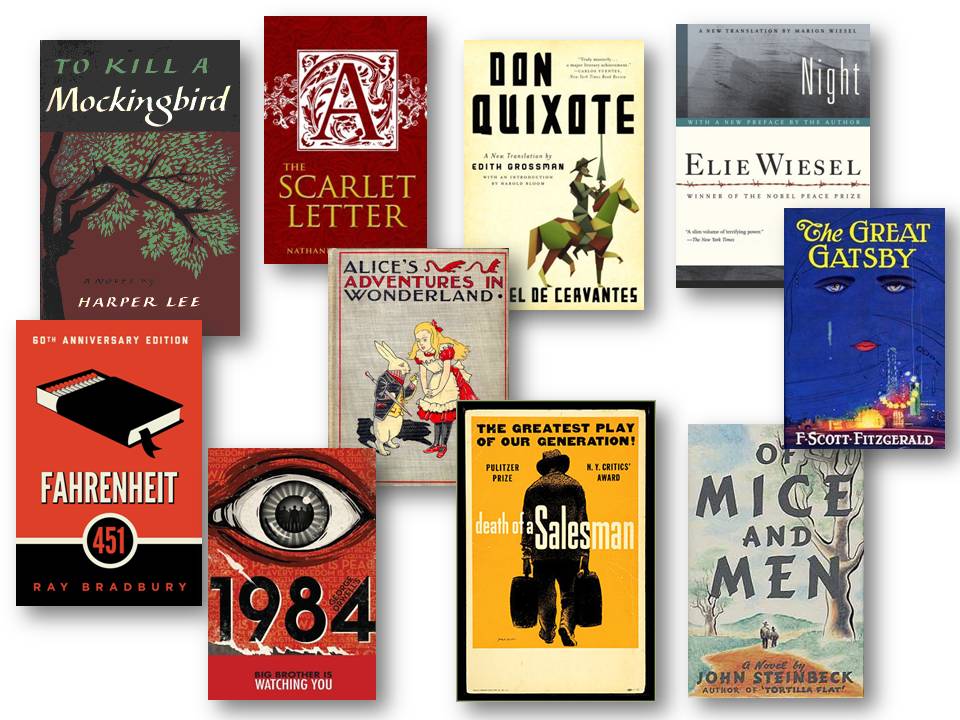
Mathematics In A Classical High School
"We must endeavor to persuade those who are to be the principal men of our State to go and learn arithmetic, not as amateurs, but they must carry on the study until they see the nature of numbers with the mind only; … arithmetic has a very great and elevating effect, compelling the soul to reason about an abstract number, and rebelling against the introduction of visible and tangible objects into the argument.”
Plato, The Republic, Book VII
Classical Math is a step by step approach to understanding the why behind a new concept. In today's fast-paced society we frequently complete tasks without understanding why we are doing them. As a result, if scholars understand why they are solving a problem in a certain way, they can easily move on to more complex problems confident with their foundational knowledge.
Students retain the ability to reason through a complex problem much longer than they retain a formula they once memorized. Developing the ability to reason mathematically and discover patterns proves to be much more enduring than memorizing steps to take.
A Classical take on math brings scholars into the discovery of the deeper theory of math. A Classical approach asks the scholar to reason through a problem instead of being told the answer. We move from crunching numbers to discovering patterns and the power of mathematical reasoning.
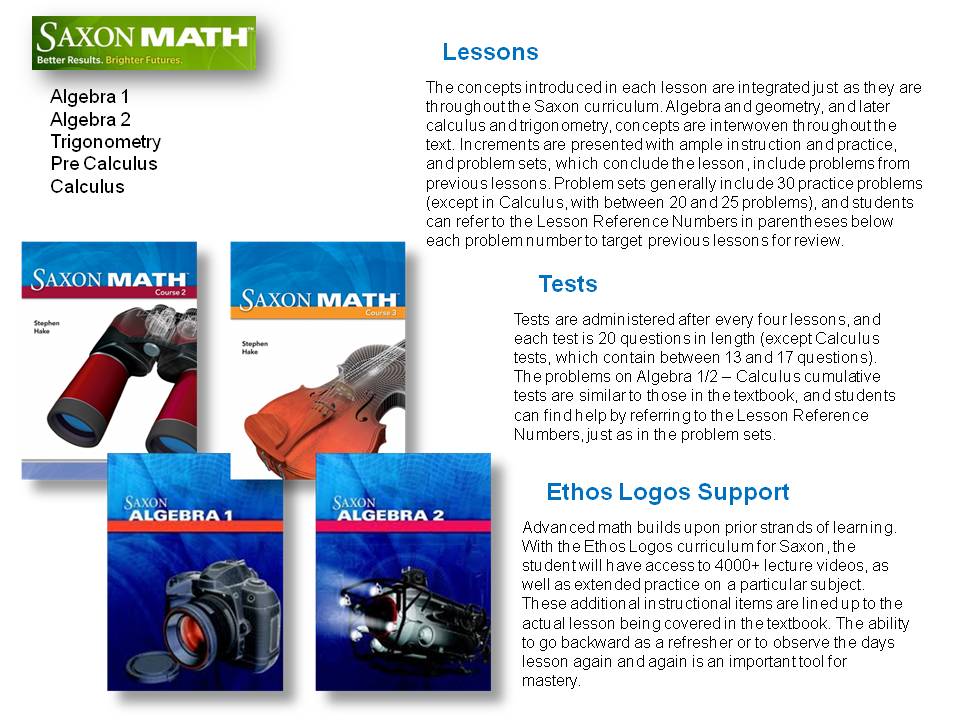
Science In A Classical High School
Science will follow the Trivium based learning stages with the grammar stage introducing basic information in the four scientific categories. The logic stage, where scholars naturally begin asking ‘why,’ questions the role of the instructor to expand on the students' curiosity and stretch their research skills by guiding their discovery of deeper topics. The rhetoric stage involves the bigger debates and the synthesis of what has been learned in the past with application into deeper topics. Courses are built out to include Advanced Placement, AP Bio, AP Chemistry and more.
The science curriculum will prepare students to achieve the Science NGSS Standards by incorporating an inquiry-based approach to learning of the central science themes: matter and energy, force and motion, earth and space, presses of life, and the scientific method. Students in a Classical Model write across the curriculum, including science. Socratic lesson prompts in science enlist students to have big discussions on the impact of science achievements over the ages.
Classroom teaching strategies will emphasize active learning, both individually and in groups. Students engage in problem-solving, communication, and reasoning through experiments, modeling, investigations, and real-world applications.
All science coursework is designed to promote a sense of inquiry through laboratory experiments and to further develop critical thinking skills. Science courses will include a heavy emphasis on the major scientists and discoveries surrounding the various units of learning. The ethical and moral implications of scientific advancements are embedded in lessons for teachers to bring historical perspective and moral debates into the science classroom. Emphasis will be paid on the use of laboratory techniques, terminology and relationships between scientific and mathematical disciplines.
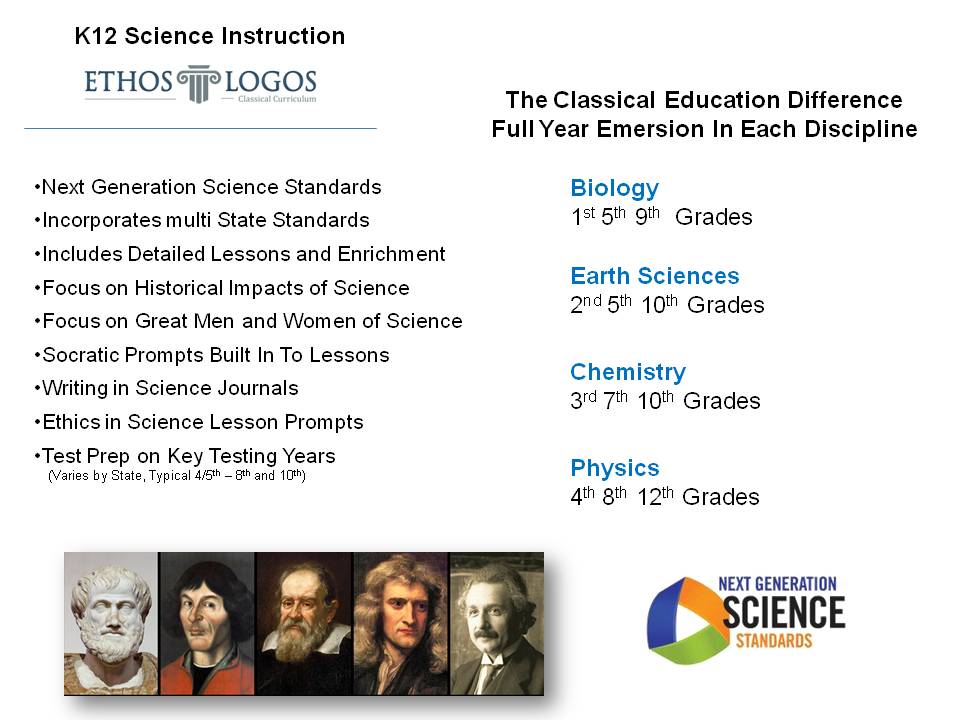
The Arts In A Classical High School
When students reach the Logic and Rhetoric Schools, the emphasis is on photography, 3D art, painting, music theory and choir. Master work continues as students practice the concepts they have learned all leading to a deep appreciation of the GOOD, TRUE and BEAUTIFUL.
Art and Music in a Classical school are also integrated with subjects such as history or science. In the Logic and Rhetoric Schools, Art and Music often overlap with history and literature. In these classes, students begin to learn the various periods of art and music history as well as artists and composers and their major works. Ethos Logos high school arts move to advanced choir, orchestra were demanded, and theater and performing arts.
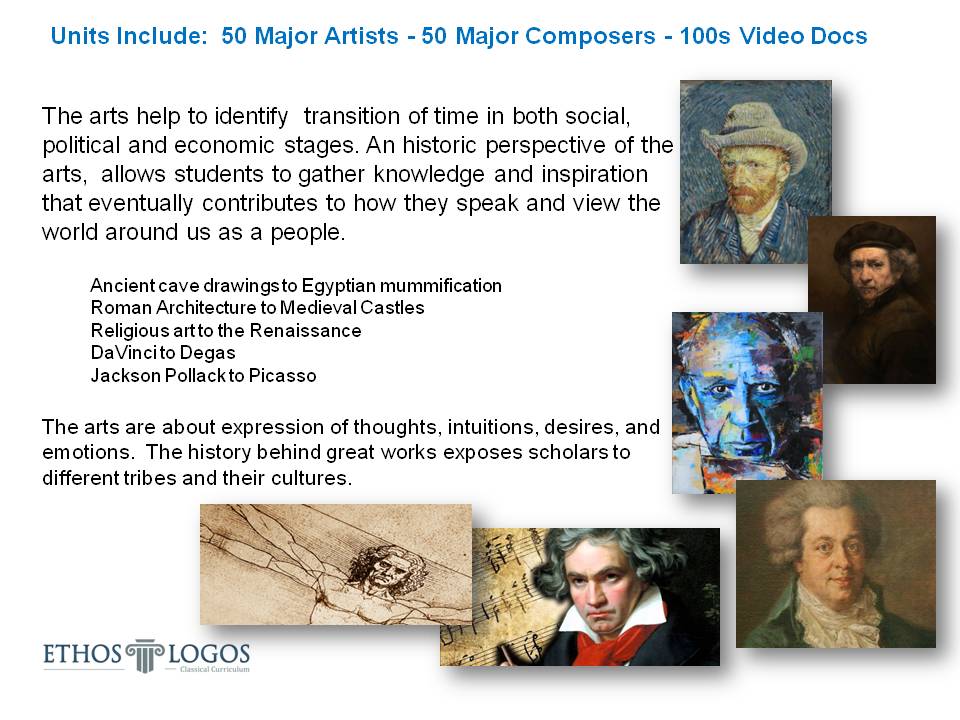
Capstones In A Classical High School
